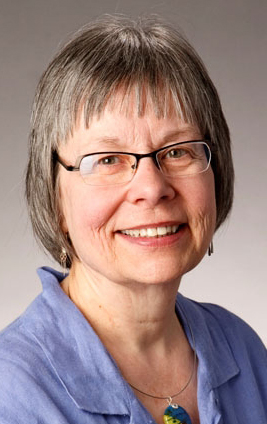By Anne Klejment
Dorothy Day is one of the most significant figures in the history of American Catholicism. Although she died at the age of 83 in 1980, her life and spirituality offer an example of how much good a layperson might accomplish by faithfully following the teachings of Jesus.

In 1933, the year she started publishing The Catholic Worker paper and providing meals, clothing, shelter and other forms of assistance for people in need at the height of the Great Depression, she was about to turn 36 and was the single parent of 7-year-old Tamar. Day’s pre-conversion life included suicide attempts, love affairs and an abortion. Her social views had been influenced by a medley of radicalisms: anarchism, socialism, syndicalism and communism. From the age of 18 she had worked as a newspaper reporter, hardly considered a respectable career for a young middle-class woman, and she longed to become a writer of serious works. She was not the typical Catholic woman of the 1930s. But Day believed that with the grace of God all things are possible. Pray, do what you are able, and leave the rest to God.
No need to ask permission or seek instructions from church authorities. Simply follow the Gospel.
At the core of her faith was the commandment to love God and neighbor. But for her, neighbor was a dynamic and radically inclusive relationship. Neighbor meant everyone in the world, but especially the poor and sick that she encountered while living in New York’s Lower East Side. To love meant that she performed the works of mercy to the best of her ability. It might mean listening to the troubles of a street person. Or cleaning the filthy toilet in one of her houses of hospitality. Or reminding Catholic Worker volunteers of the importance of actively participating in daily Mass and receiving Communion. She did not perform what we conventionally think of as dramatic, heroic deeds. No, she performed simple acts, faithfully. These simple acts, she hoped, would lead to the establishment of a new Christian social order, one free of the materialism of industrial capitalism and the atheistic materialism of communism. By following the teaching of St. Therese of Lisieux, she overcame the despair of feeling that accomplishing modest acts of love accomplished nothing.
Besides having to deal with many difficult, disturbed guests in the Catholic Worker houses of hospitality — surely a demanding test of one’s ability to love — Day’s understanding of love of neighbor included her opposition to the use of violence and her uncompromising pacifism. Even when war came to the United States in 1941 with the bombing of Pearl Harbor, Day did not hesitate to support conscientious objection to war and urge other forms of noncooperation with the war effort and war industries. For her, it was a simple matter of following the Sermon on the Mount and what she called the Folly of the Cross.
These examples hardly exhaust the spiritual treasury that Dorothy Day has left us. She demonstrated the freedom of the laity, even lay women, to follow Jesus’ moral standards to the best of our ability. For cradle Catholics as well as converts, her life serves as a reminder of the need for ongoing conversion — that spiritual growth is possible even after receiving the sacraments of baptism and confirmation.
(Anne Klejment has taught history at the University of St. Thomas in St. Paul, Minn., since 1983. She has been studying and writing about Dorothy Day for more than 30 years.)
Hear Klejment speak about Dorothy Day
What: From Union Square to Heaven: The Catholic Worker Movement and Why Dorothy Day Still Matters, a speech by University of St. Thomas (Minn.) Professor Anne Klejment.
When: Sunday, April 29, keynote at 5 p.m., St. Patrick Parish, Iowa City. (See Page 4 for additional event information.)
Monday, April 30, 8 a.m. and 9 a.m., St. Ambrose University, Davenport, Hayes 113 (attached to Christ the King chapel.)











